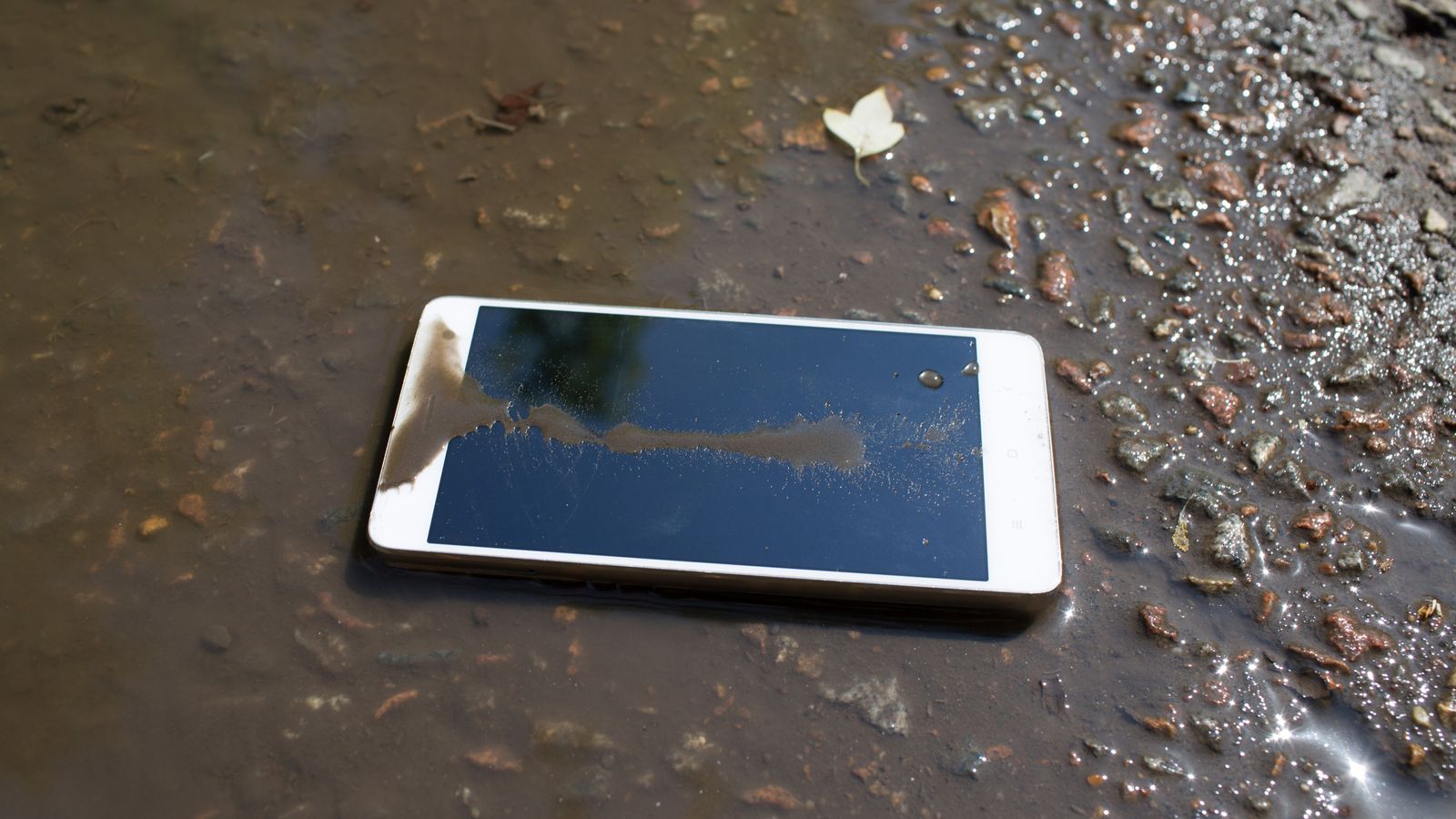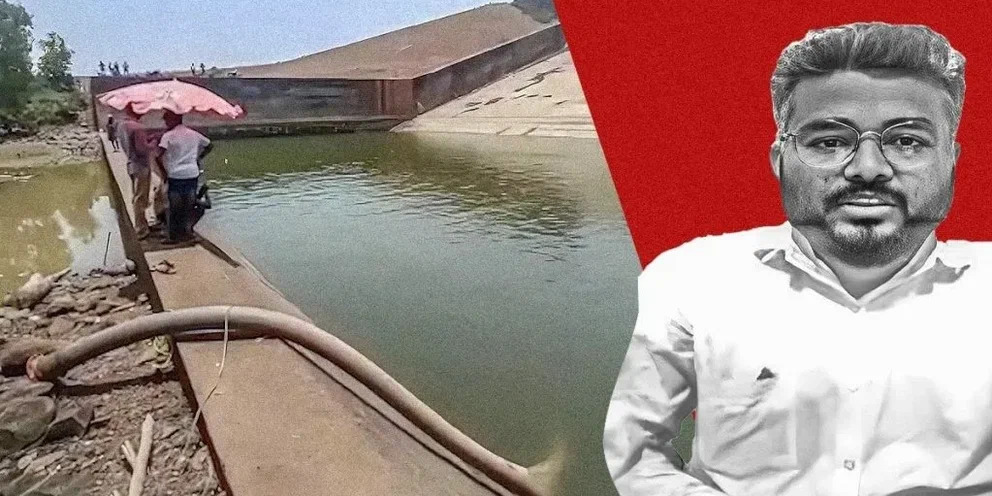In an incident that has sparked widespread outcry and subsequent action, a local food inspector in India, Rajesh Vishwas, has been suspended from his duties for a seemingly reckless act. He is accused of draining over 2 million liters of water from the Paralkot reservoir to retrieve a smartphone he lost while taking a selfie. The incident, which took place in the scenic region of Chhattisgarh, has fueled a fiery debate about power misuse, resource conservation, and the nature of accountability in public service.
The incident came to light when Vishwas, during a Sunday outing with friends, inadvertently dropped his Samsung handset into the reservoir. In his bid to recover the device, he rented a diesel pump and proceeded to empty the reservoir over a period of four days. His decision to siphon off such an extensive amount of water has been met with severe backlash, resulting in his suspension from his government role.
Vishwas, in his defense, maintains that he had sought permission from a sub-divisional officer before proceeding with the draining process. He also alleges that his attempts to involve others present at the reservoir in the recovery mission were futile due to the excessive water level.

However, Vishwas’ recounting of the event starkly contrasts with his employer’s stance. Accusing him of abusing his position, his employer suspended him, citing the wasting of millions of liters of water during a period of extreme heat as the primary reason. Vishwas’ suspension order, viewed by CNN, categorically states that he did not receive any approval to carry out such an act.
Vishwas insists that the drained water was not suitable for use, as it was sourced from the dam’s overflow section. Nevertheless, the argument hasn’t found much traction amidst the larger conversation about responsible behavior in positions of power.
The case throws a spotlight on a few critical facets. The most glaring issue, the misuse of a position of authority, raises questions about the norms and expectations surrounding individuals who are tasked with public service roles. Vishwas’ actions suggest a glaring oversight of the duties and responsibilities entrusted to him as a food inspector, including the conscientious use of public resources. This incident raises the issue of the necessity for more explicit ethical guidelines and stronger enforcement mechanisms in public service.
In addition, the event illuminates a deeper concern about environmental stewardship and resource conservation. Regardless of whether the water was “in usable condition” or not, draining a reservoir of 2 million liters in an already heat-stricken area is an alarming act of disregard for the environment. This event underscores the urgency to amplify awareness and understanding of water conservation, particularly in areas like India that are grappling with water scarcity and other climate change impacts.
Finally, the incident emphasizes the vital role of accountability in public office. The swift suspension of Vishwas signals an adherence to the principle that those in power must face consequences for their actions, especially when they adversely impact public resources.

In conclusion, the Paralkot reservoir incident, while seemingly centered around a lost phone, raises significant questions about the broader issues of misuse of power, environmental conservation, and the role of accountability in public service. As the discourse around these concerns continues to evolve, it is hoped that such incidents will serve as a wake-up call, paving the way for more responsible behavior in the public sector.
©world-news.biz
